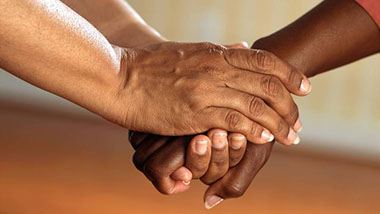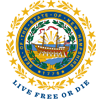Help for Someone Else
Information regarding getting help for someone else.

Watching someone you love or care about struggle with drugs and/or alcohol problems can be painful, frustrating, and scary. Help is available for the person who is using and for the people who care about them.
The effects of substance misuse can range from temporary effects that last a short-term all the way up to a substance use disorder that requires specialized care. People can and do recover, especially when supported by those who care about them.
The Doorways are here to help you find services and resources available in your area. Call 2-1-1 to connect to a Doorway near you.
Together, you and your loved one can achieve a life free from the effects of substance misuse.
Warning Signs
Life can be incredibly challenging. People often feel overwhelmed with performance in school or work, struggling with relationships, with friends, parents or guardians. Some people begin using substances to cope. If you think someone you know may be using drugs and/or alcohol these are some warning signs to watch for:
- Missing prescription drugs, especially painkillers and tranquilizers or sedatives.
- Missing work or school and/or a decline in the quality of the work they do.
- No longer cares about appearance and hygiene.
- Changes in sleep patterns such as being up all night and sleeping a lot during the day.
- Sudden change in friends.
- Secrecy about activities, lying about where they’ve been and what they’ve been doing.
- Borrows more money and/or money disappearing from siblings, parents or friends handbags, wallets or homes.
- Increase use of incense, neutralizer, perfume, mouth wash or breath mints to mask smoke or alcohol orders.
What Can I Do?
- Remember, substance use disorders (SUDs) are a chronic disease, a medical condition that is highly treatable. People and their families can and do recover.
- Learn about SUD and its effect on the brain and body.
- Talk with the person about your concerns and offer support and encouragement to seek help.
- Find out what types of resources are available in your area by calling 2-1-1, they will you help you connect to a Doorway near you.
- If your family member or friend is using opioids (heroin, fentanyl, and other synthetic opioids including prescription opioid medications), having naloxone (Narcan) on hand and knowing how to use it could save their life in the event of an overdose.
- Get support for yourself. Whether or not your loved one seeks help, getting support for you is important. Connecting with peers can help you talk about and cope with what is going on, and learn ways to help your loved one, yourself, and your family.



